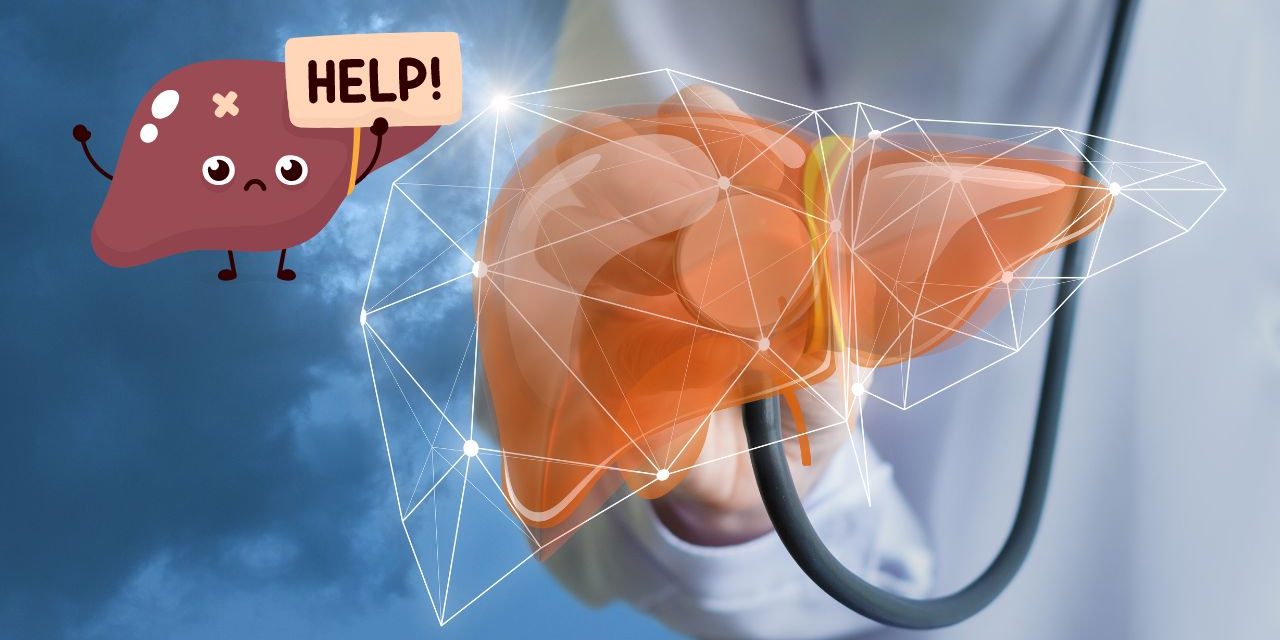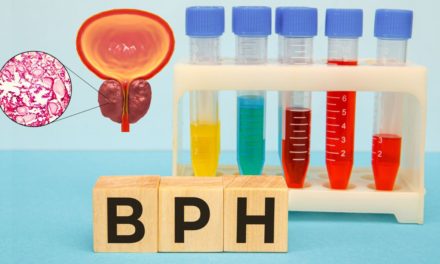Introduction:
A sluggish liver, also known as congested liver or liver stasis, refers to a condition where the liver’s ability to perform its vital functions is compromised. The liver plays an important role in detoxification, metabolism, and overall health. When its function slows down, it can lead to various health problems and affect the overall health of the body. Understanding the causes, recognizing the symptoms, and adopting practical strategies to restore liver health are essential to maintaining optimal liver function and overall vitality. In this comprehensive article, we explore the world of a sluggish liver, exploring its causes, symptoms and effective ways to promote liver health and wellness.
Understanding a sluggish liver:
The liver is responsible for filtering and processing toxins, metabolizing nutrients and aiding in digestion. When the liver’s ability to perform these functions is reduced, it can lead to a sluggish liver. Factors such as poor diet, sedentary lifestyle, excessive alcohol consumption, and exposure to environmental toxins can contribute to liver congestion.
Recognizing the symptoms of a sluggish liver:
Symptoms of a sluggish liver can be varied and may include:
- Fatigue and weakness.
- Digestive problems, such as bloating and indigestion.
- Unexplained weight gain or difficulty losing weight
- Skin problems, such as acne or eczema
- Allergies or sensitivities to certain foods
- Mood changes or irritability
- Poor concentration and brain fog
Common causes of a sluggish liver:
Poor diet: Eating a diet high in processed foods, refined sugars and unhealthy fats can burden the liver and slow down its function.
Sedentary lifestyle: Lack of exercise and physical activity can affect liver health.
Alcohol and substance abuse: Excessive alcohol and drug use can stress the liver.
Environmental Toxicity: Exposure to environmental pollutants and toxins can affect liver function.
Medications: Certain medications can affect liver health and contribute to congestion.
Promotes Liver Health:
balanced diet: Eat a diet rich in fruits, vegetables, whole grains, lean protein and healthy fats to support liver function.
Hydration: Drink plenty of water to aid in the detoxification process.
Exercise: Regular physical activity can improve blood circulation and liver function.
Limit alcohol and toxins: Reduce or eliminate alcohol consumption and reduce exposure to environmental toxins.
Liver Support Supplements: Consult a health care professional before using liver support supplements such as milk thistle or dandelion root.
Seeking Professional Help:
If symptoms persist or worsen, it is important to seek medical advice to evaluate liver health. A health care professional may perform blood tests and other diagnostic tests to determine liver function and recommend appropriate treatment.
Result:
A sluggish liver can significantly affect overall health and vitality. By understanding the possible causes, recognizing the symptoms, and adopting practical strategies to support liver health, individuals can revitalize their liver function and improve overall health. Prioritizing a balanced diet, exercising regularly, and limiting exposure to toxins can go a long way in promoting liver health. It is important to seek professional medical advice when needed for early detection and effective management of liver health concerns. Remember, a healthy liver is the foundation of optimal health, and with proper care and attention, individuals can maximize their liver function and live a vibrant and energetic life.










